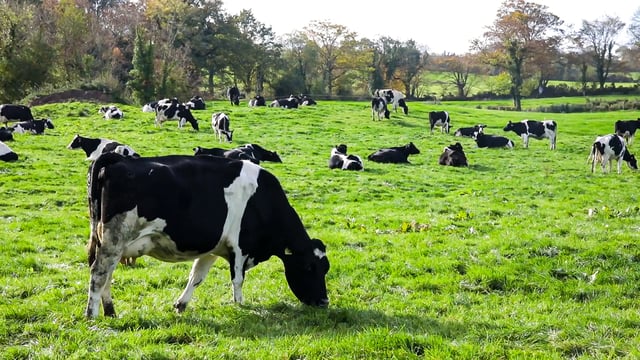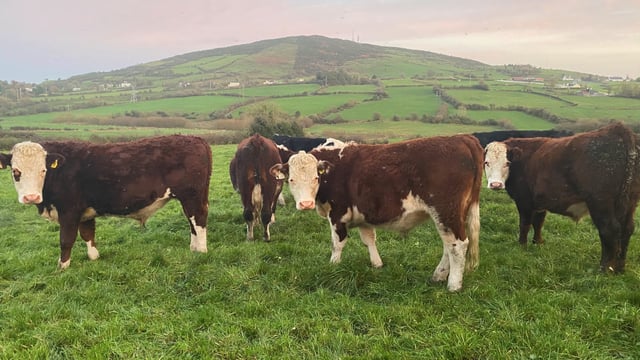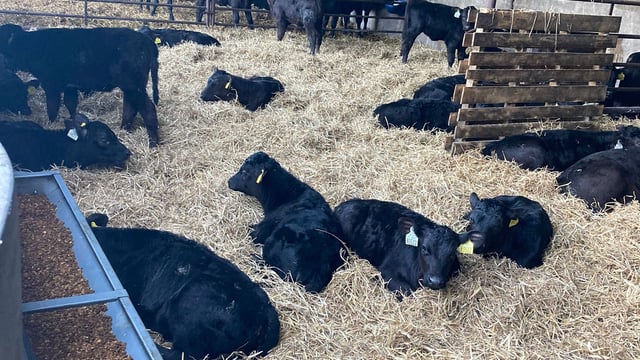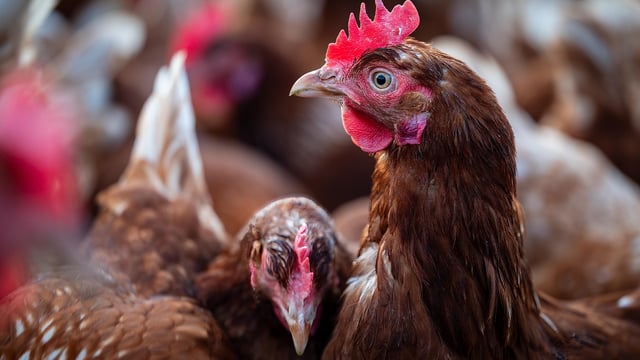EU member states reach agreement on proposed NGT mandate
Member states have reached an agreement on the European Council's negotiating mandate on the use of new genomic techniques (NGT) in plants.
NGTs involve adapting seeds and plants to make them more resilient to the challenges facing the agrifood sector, including the effects of climate change.
In the last decade, a variety of NGTs have been developed on the back of advances in biotechnology, which did not exist in 2001, when EU legislation on genetically modified organisms (GMOs) was adopted.
This explains why plants subject to NGTs are impacted by the same rules as GMO food sources.
The proposed legislation that was debated on Friday, March 14, establishes two routes for NGT plants to be sold on market - category one and category two - and prohibits the use of NGTs in organic production.
NGT plants
NGT plants that occur naturally or by conventional breeding ('category one NGT plants') will be subject to a verification procedure, which if passed, these plants will then be treated like conventional plants, exempt from the requirements of the (GMO) legislation.
However, seeds produced through those techniques would have to be labelled, the council stated. For all other NGT plants (category two NGT plants), the requirements of the current GMO legislation would apply.
This includes risk assessment and authorisation before products could be put on the market, while they would be traced and labelled as GMOs, with the possibility of a voluntary label to indicate the purpose of the genetic modification.
According to the legislation, the risk assessment, detection method, and monitoring requirements would be adapted to different risk profiles and regulatory incentives would be available for NGT plants featuring traits that can contribute to sustainability goals.
While the Committee of Permanent Representatives (COREPER), the negotiating body of member states' representatives, agreed on the two categories in principal, they supported the inclusion of some additional legislative measures to give individual states more flexibility. These included:
- An opt-out from cultivation: Under the council's mandate, member states can decide to prohibit the cultivation of category 2 NGT plants on their territory;
- Optional coexistence measures: Member states can take measures to avoid the unintended presence of category 2 NGT plants in other products and will need to take measures to prevent cross-border contamination.
Member states can also adopt measures to avoid the unintended presence of category one NGT plants in organic farming on their territories.
The mandate provides for the creation of an expert group on the effects of NGT patents, which will comprise of experts from all member states as well as the European Patent Office.
When applying to register an NGT plant or product, producers will be mandated to submit information on existing and pending patents, which will be published on a public database.
One year after this entry, the commission will be required to publish a study on the impact of patenting on innovation, on the availability of seeds to farmers, and on the competitiveness of the EU plant breeding sector, the legislation stated.
According to the European Council, the new legislation will ensure that NGT plants available on the EU market are as safe as conventionally bred varieties.
This agreement on the Council's negotiating mandate enables its presidency to start negotiations with the European Parliament on the final text of the regulation, which will need to be "formally adopted" by both in order for the regulation to come into effect.
Reacting to the agreement, CEJA vice president, Rūdolfs Pulkstenis said: “Farmers are at the forefront of climate adaptation, food security, and sustainability. It was long-awaited to see the council advancing towards enabling NGTs as part of the agricultural toolbox in the EU.
"Across Europe, farmers are calling for effective solutions to the challenges they face. Targeted mutagenesis and cisgenesis are no silver bullet but will undoubtedly provide farmers with an additional necessary resource”.
Copa and Cogeca response
European farming and agri-cooperatives associations, Copa and Cogeca, have also welcomed the "landmark decision", expressing hope that the council and parliament will make "swift progress" to formalise the legislation.
A statement from both organisations read:
"Copa and Cogeca welcome this move, which could revitalise European seed production and offer new opportunities to farmers and cooperatives by providing access to crop varieties that are more resistant to droughts and diseases, while improving yields and reducing input use."
However, both organisations opposed the use of patents in plant varieties as as a means of restricting producer autonomy.
"The NGT plants proposal would accelerate ongoing patent applications, and many new patents for plants would be granted, potentially restricting access to genetic materials and exerting control over plants and plant-based products from breeding to end consumers.
"Nonetheless, Copa and Cogeca oppose the use of patents in plant varieties as European farmers want full breeder exemptions and farmers’ privileges," the statement added.











